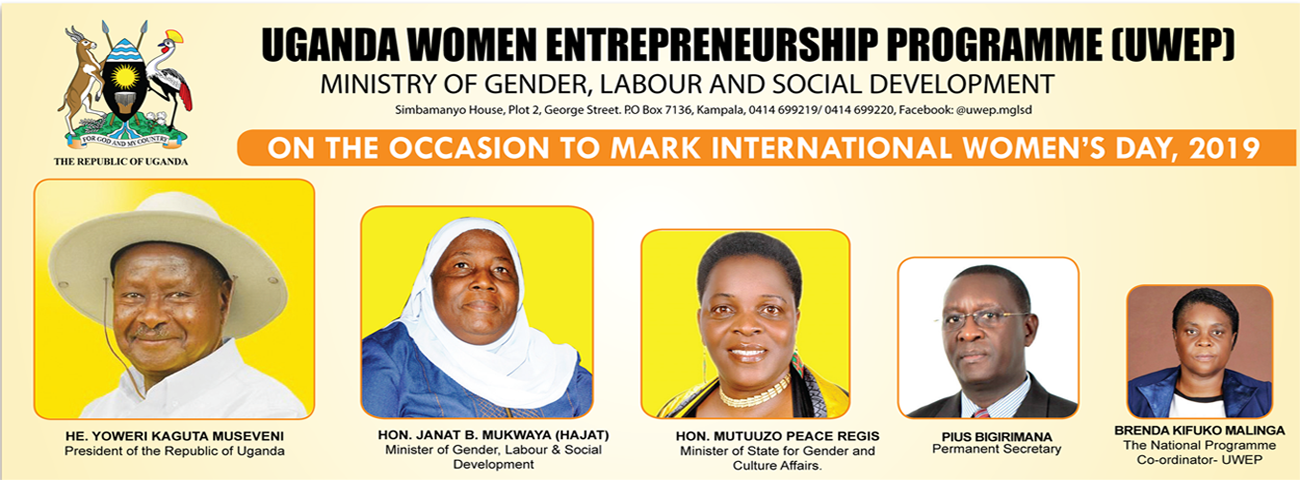Uganda exported coffee to Russia worth US$ 4.3 million in 2020
Russia’s military operation in Ukraine entered the 12th day Monday, with no clear view of when the conflict will end or any possible change in direction. This uncertainty increases the impact of the war on the already disrupted trade and travel activities across the world, largely due to the geographical location of the war, but also to the importance of both countries as major economies.
Russia is a major trade and investment partner with Uganda and Africa generally, while Ukraine is not among the main sources of trade or investment, according to available figures and national statistics. Talking of trade between Uganda and Ukraine, reminds one of wheat, military hardware and education, especially in science studies.
According to the Observatory of Economic Complexity, a global private trade data bank, Ukraine’s main export to Uganda in 2020 was wheat worth US$ 141million, followed by “unclassified items” worth US$ 66 million, ironware, Special Purpose Truck, Helicopters and Aircraft parts.
Uganda exported to the country leaf tobacco and coffee worth US$13 million and US$ 4.3 million respectively, while aircraft parts and accessories were worth US$ 10 million. The two countries at war produce almost half of the world’s wheat, and the war will affect the production and supply, from both countries, and their neighbours.
In 2020, for example, Russia supplied 33 percent of Uganda’s wheat and meslin imports worth US$ 50 million, followed by Argentina with 28 percent or US$ 43 million. Ukraine sent to Uganda wheat worth US$ 17.7 million or 17 percent. Other European countries include Germany, Latvia, Estonia, Lithuania, Poland and the Czech Republic, according to COMTRADE a UN trade data collection agency.
On the other hand, Uganda shipped to Russia stripped tobacco (leaf) and coffee worth US$ 53 million and US$ 44 million respectively, among other exports. While the supply from the two countries at war will be directly affected, the other European countries could find it hard to access the global market, especially with a blockading of the Russian Airspace by the West.
Economist, Dr Fred Muhumuza says there are also lots of industrial and agriculture inputs that come from Russia and neighbouring countries, into Uganda, whose supply will definitely be disrupted.
But according to him, it is more of the failure of East European products to reach the international markets, which will have a greater impact of scarcity and price increases, than the actual production in the affected countries. The same will be for exports especially from Arica and the East to those countries. Currently, passenger and cargo aircraft to the region is disrupted and is impossible to enter the Ukrainian airspace.
Unfortunately, the exports from Uganda and other East African Countries reach most of Eastern Europe through countries like Ukraine, Belarus and Poland, according to the exporters. According to information available, global wheat prices have jumped by a third from 345 dollars per tonne to 460 dollars, since the fighting began. But other items that Uganda does not import directly from Russia, Ukraine or Belarus, will also be affected, according to economists.
The global oil and gas industry, for example, is already affected, with crude oil prices skyrocketing. The commodity was already seeing price increases due to a global scarcity as demand was outstripping supply, for almost a year. For Uganda and other East African countries, it was made worse by a truck drivers’ strike at the Kenya-Uganda border over the cost of mandatory COVID-19 testing.
Following the end of the strike and the clearing of the truck build-up, the prices dropped slightly and settled at around 5,000 shillings a litre. However, since last week, the main importers, TotalEnergies and Vivo Energy (for Shell products), the prices rose again to 5130 shillings a litre.
On the global scene, the global benchmark of Brent crude (crude produced in the North Sea region by countries like the UK and Norway) hit 139.13 dollars a barrel on Monday morning, an increase of 20 dollars from Friday. The highest price ever recorded was during the 2008 crisis when a barrel reached 147.5 dollars.
Russia and Ukraine are major oil producers, while Russia also supplied most of the light petroleum gas to Europe. Dr Muhumuza says this will continue to have an impact on the prices of finished products around the world. Muhumuza, however, also warns that oil investors might start to restructure their investment drives and take resources to areas that need immediate capital. This, according to him, might see investors withdraw or relocate investments from countries that are just starting to invest in their oil and gas industries, like Uganda.
Oil giants BP and Shell already announced they are withdrawing their shareholding in Russian firms Rosneft and Gazprom, but TotalEnergies says it will stay in the country, though without investing further in the gas industry.
Other companies like car manufacturers, Volkswagen have stopped production, while electronics maker Apple and luxury goods companies, Hermès and Chanel have shut down shop in Russia. The West-inspired sanctions include the freezing of payments systems in Russia, affecting transactions between Russia and other countries, as well as blocking the Central Bank from accessing its reserves in foreign banks.
The U.S., Canada and Europe ban also blocked seven Russian banks from using SWIFT, the global messaging system that enables bank transactions, so as to disrupt its ability to do business across borders. This came after more than 130 Russian tycoons associated with the state or President Putin had been slapped with sanctions by the West.
Dr Muhumuza’s fear is that these Russian oligarchs have investments around the world and possibly, even in Africa and, therefore the sanctions could have a direct effect on industries where they might have invested.
Uganda and Ukraine
According to the Ministry of Foreign Affairs, at the beginning of the war, Uganda had at least 100 citizens in Ukraine, mostly students, but also residents who had settled there with families.
However, the ministry expects that there are many more Ugandans in the former Soviet Union country, with some unknown because they have not registered their presence there with the Ugandan authorities.
“Ugandans have a disease of refusing to register with our embassies or consulates whenever they travel abroad”, said the State Minister for International Relations, Henry Okello Oryem on the Ugandans stuck in Ukraine.
Uganda’s ambassador in Ukraine sits in Moscow Russia and is also in charge of Georgia, Moldova and Uzbekistan and Belarus. Ukraine’s Embassy in Uganda is in the Bole area in Addis Ababa, Ethiopia. Most of the Ugandans who go for studies in Ukraine and the other former soviet countries, go for sciences, especially medicine, engineering and agri-technology. Before February 2022, few people (countries) expected Russia to launch a direct attack on Ukraine, at least in the next few days on hours, save for close allies like China and Belarus.
This is because President Vladimir Putin had days earlier ruled out a military invasion of the country, with the closest to an attack being the deployment of forces in the rebel regions of Donetsk and Luhansk for “peace-keeping” duties. China officials told Putin to delay the invasion at least until after the Winter Olympics, according to US intelligence reports, and four days after the closing ceremony, the full-scale invasion happened.
China, like Uganda and most other African countries, was among the 35 that opted to abstain when the UN General Assembly voted to demand that Russia stop its offensive in Ukraine.
-URN





